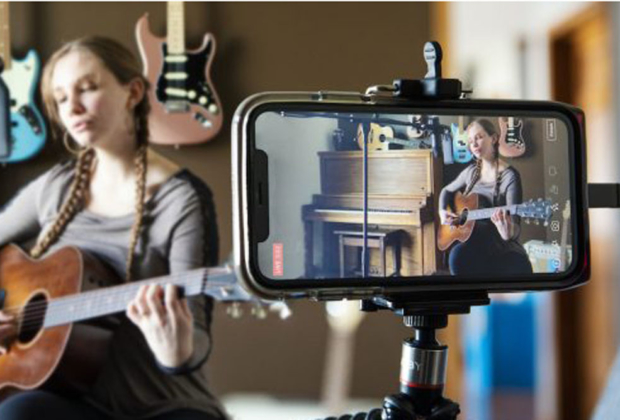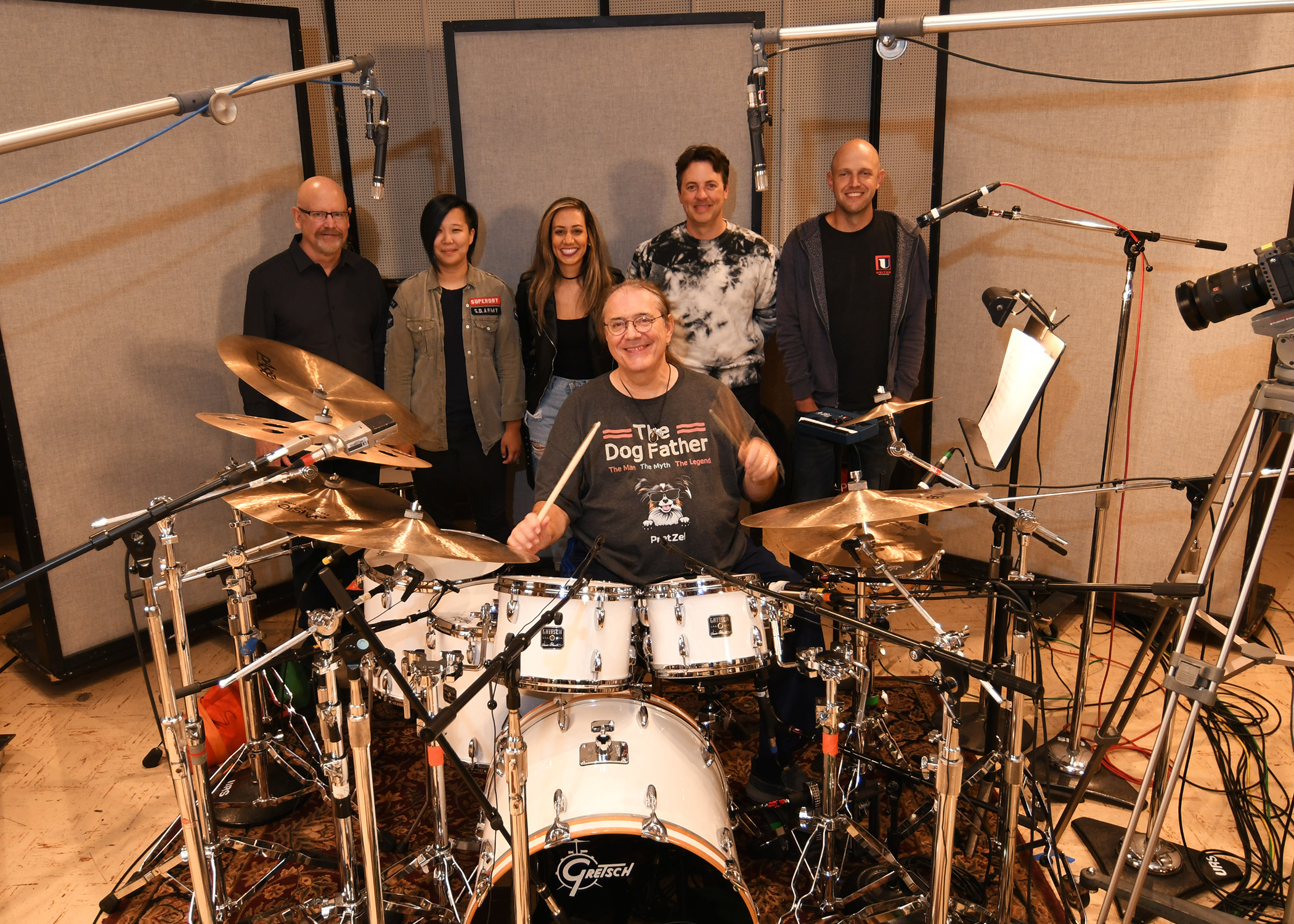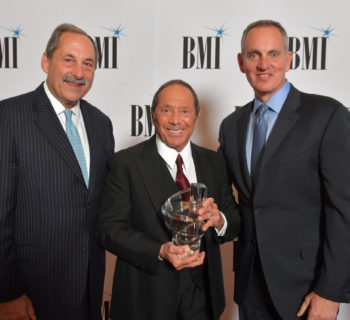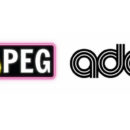Want to book more shows, land more clients, and gain the trust of your fans?
Then you need an official music website.
A website puts you in control of your music career, which we all want for ourselves.
Having a website presents you as the professional you are. And that’s what helps you land gigs and build your career.
In other words, having your own website is a must-have as a musician.
So with that in mind, here are 7 tips to help you make a music website that’s professional and engaging...
Use professional photos
Humans are visual creatures.
That’s why the top social media platforms all focus on photos and videos.
So to get the attention of your site visitors and to make a good first impression, use professional pictures of yourself.
Ideally, you’ll want to work with a professional photographer. A good photographer not only gets the best looking photos, but they can also capture your aesthetic better than you can because they’re an objective observer.
If you can’t afford a photographer, you can take the photos yourself or get a friend to help you. Just make sure you use a camera with a good lens (your smartphone should do!).
Then use a free photo editing app like VSCO to make the pictures look as professional as possible.
Then include these photos on your front page (possibly as the background), your About page, and in your Electronic Press Kit (more on that below).
Introduce yourself
When you meet someone in real life, you get to know each other, right?
Think of your website as a way to introduce yourself and start the conversation.
Tell people what you’re all about, show them what you look like, share your story, and explain what inspires your music.
You can have a short intro sentence or paragraph on your Homepage, and then you can go more in-depth in your musician bio.
Make sure the messaging and the wording of the text on your site is consistent and fits your brand.
Your site is your home on the internet. So welcome visitors in a way that shows who you are as an artist.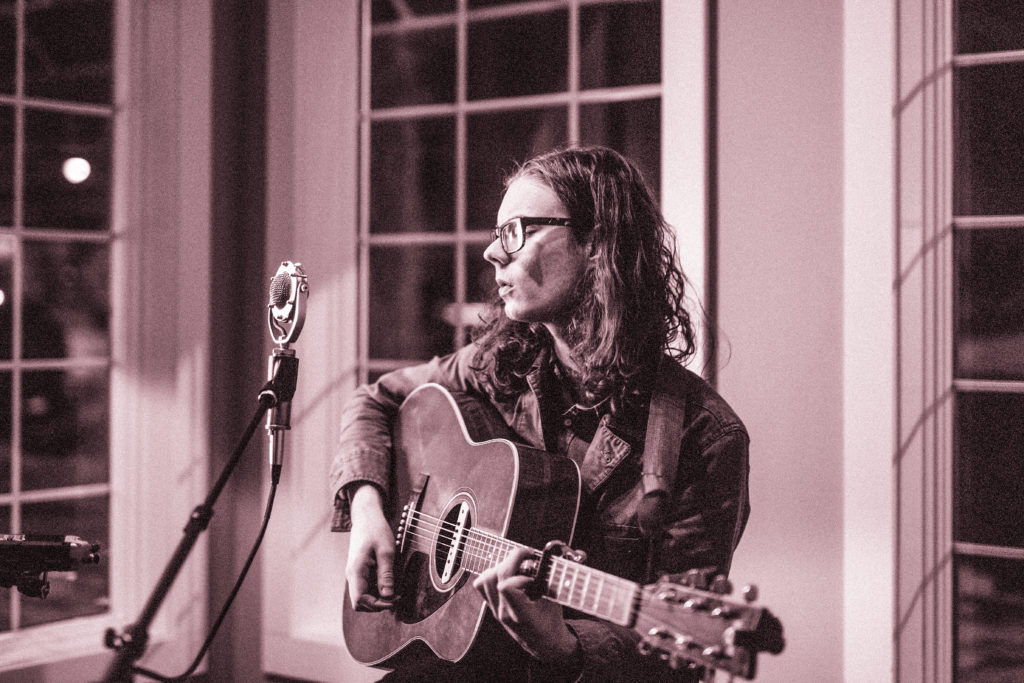
Use your website to build your mailing list
You may think email is dead, but that’s far from the truth. According to OptinMonster, 99% of email users check their email every day (some people check it 20 times a day!).
And get this…
Indie artists, writers, and performers get the highest email open rates at 34.4%.
That’s you.
This is why email needs to be a central part of your marketing plan as a musician.
So make sure it’s very clear how site visitors can subscribe to your email list. Make it totally obvious.
Here are some tips to succeed at email marketing:
- Don’t email people who didn’t sign up for your list
- Personalize your email subject line (well-placed emojis do well)
- Follow GDPR guidelines
- Don’t spam your subscribers, just give them value in each email
People who visit your website are more likely to subscribe to your email list. So give them a clear way to sign up on your site.
Include content for fans at every level
Some fans will give you lots of money, sometimes just donating out of the blue.
But most people will never pay you a penny. Not because they don’t want to, but because they can’t.
There are so many artists they love and want to support, but they don’t have the money to give to all of them.
This is why you need to give your fans different options to support you.
Here are some ways you can ask your fans for support on your website...
- Free ways to support:
- Stream your music on Spotify
- Share your music with friends (include sharing buttons on your site)
- Subscribe to your email list
- Mid-level ways to support:
- Donate what you can (include a donate button on your site)
- Buy merch (have merch with varying price ranges)
- Pay to download your music
- Upper-level ways to support:
- Become a regular supporter via fan subscriptions
- Hire you for a private event/project
This allows anyone who visits your site to feel good about supporting you.
Whereas, if the only option to support you was to buy a $35 T-shirt, that will alienate those who can’t afford that and won’t give the more generous supporters any other options.
Optimize for Google
Search Engine Optimization (SEO) is not super fun to talk about.
But it is necessary.
SEO is when your site is optimized to show first in search results (mainly on Google).
This can bring in more traffic, exposing your music to more fans and potential clients.
It involves using certain keywords and phrases on your website that people search for.
But there’s a lot more to it than that. So to dive a bit deeper, here’s a guide on using SEO as a musician.
Add an EPK
An Electronic Press Kit (EPK) is a great way to 1) promote your new music and 2) show what your live performances are like.
An EPK is what you’d send the press and venue managers, so it has to look professional.
Here’s what you should have in your EPK:
- Pull-quote that describes your sound: either from a press write-up, a booker, or even a fan
- Bio: describe your music, tell a bit of your story, and showcase your achievements
- Music: feature your newest tracks and/or your most popular tracks
- Photos: see the section above about getting professional photos
- Video: feature your best and/or most viewed video
- Contact info: make it easy for the press and bookers to get in touch
- Social media links: keep it to three or four links, but only if you’re active on those platforms
Keep in mind, the press and bookers will probably copy/paste what you include in your EPK, so make it great and true to you as an artist.
Always update your website
Your music website is your home on the internet. It has to be a one-stop-shop for anything and everything about your music career.
So keep it updated.
When you have big news, your site should be the first place you update.
Yes, post news and achievements on social media. But you have to also post it on your site because bloggers, venues, and fans want the most up-to-date info.
Remember, if you want to book more shows, land more clients, and gain the trust of your fans, you need to keep your “home” updated.
Final Thoughts
Your music website is the one place on the internet you have complete control over.
Social media platforms have algorithms, but you’re in charge of what people see when they’re on your site.
So these website tips for musicians are the best steps to take.

